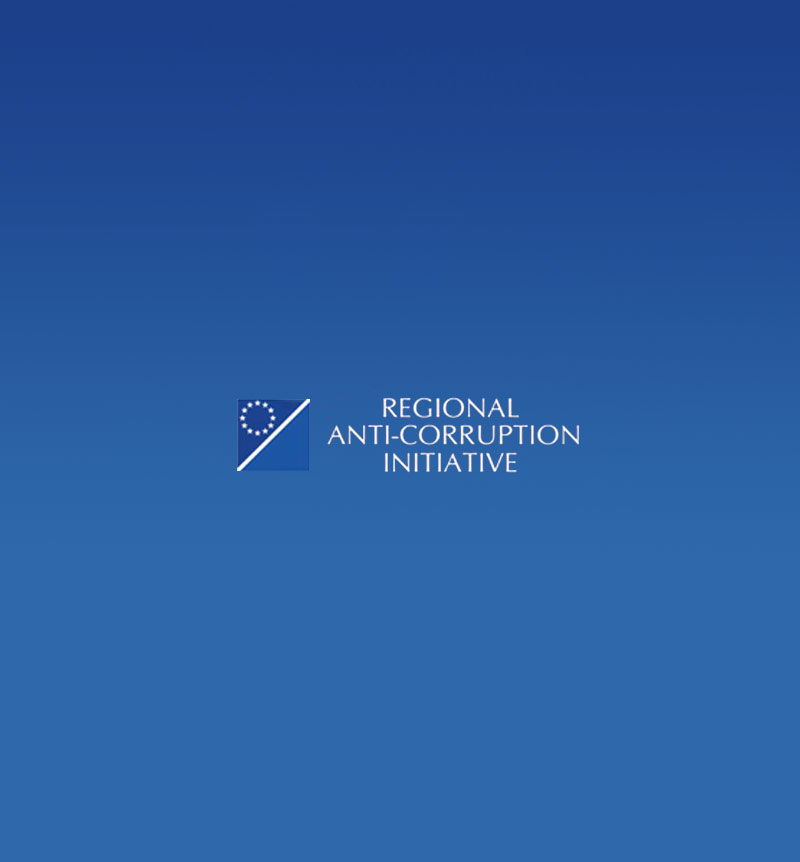- January 22, 2016
- Posted by: admin
- Category: World News
Jakarta. With little transparency and accountability, the procurement of military equipment in Indonesia is highly prone to corruption, a study from the Berlin-based antigraft watchdog Transparency International has revealed.
Indonesia placed in the “high risk of corruption” ranking in the group’s 2015 Government Defense Anti Corruption Index, a slight improvement on the 2013 study which saw Indonesia rank in the “very high risk” category. The 2015 study places Indonesia in the same category as Bosnia and Herzegovina, Ukraine, Ghana, Malaysia and the Philippines.
Transparency said efforts by the Indonesian government to dismantle side business run by military officers “has not yet been fully effective” and that there is evidence the military controls “a significant portion of the country’s licit and illicit economy … including drug trafficking.” Although purchases over Rp 50 billion require approval of the House of Representatives, a number of loopholes enable brokers to profit from the country’s military spending, the study reveals. It is believed this causes “a significant increase in costs to the procurement process of up to 30 to 40 percent.”
“There is evidence that brokers have often already been involved in the procurement process, before the requirement is even communicated to the Ministry of Defense,” the group said, adding there is much secrecy in how the military spends their budget. “These issues need to be resolved in the longer term and the first step might be to review military law and ensure this enables effective civilian oversight.”Tehmina Abbas, a researcher at Transparency International Indonesia, said in Jakarta on Thursday that ensuring greater transparency in the country’s defense sector would expedite President Joko Widodo’s plans of revamping the country’s aging weaponry and equipment. “A transparent procurement process will increase the quality of military equipment.
Insufficient equipment will definitely decrease the troops’ confidence and ability and it’s also dangerous,” Tehmina said. He argued that findings from the Supreme Audit Agency (BPK) of the defense sector should be made open to the public and not remain classified documents. Currently, the audit is available to only a handful of senior government officials and members of the House’s Commission I (overseeing defense, military and intelligence), which Tehmina says is ineffective at providing oversight.TII secretary general Dadang Tri Sasongko said there is a need to revise Indonesia’s military law, and allow agencies like the Corruption Eradication Commission (KPK) monitor military spending.
21 January 2016



